Monetate CEO Lucinda Duncalfe Kicks SaaS
Lucinda Duncalfe finds that training in the martial arts is a lot like running a company. “You have to be willing to be vulnerable, the same way as when you come to full speed in an attack in martial arts. Women in particular are terrible at this. We ask for less money, we worry about what people will think. Just GO.”
With a tenure that includes a string of successful CEO gigs in the tech industry as well as a vegan meal delivery service, this Wharton Business School grad has always enjoyed a good match. Starting out at SEI and Infonautics, she formed relationships that would follow her throughout her career.
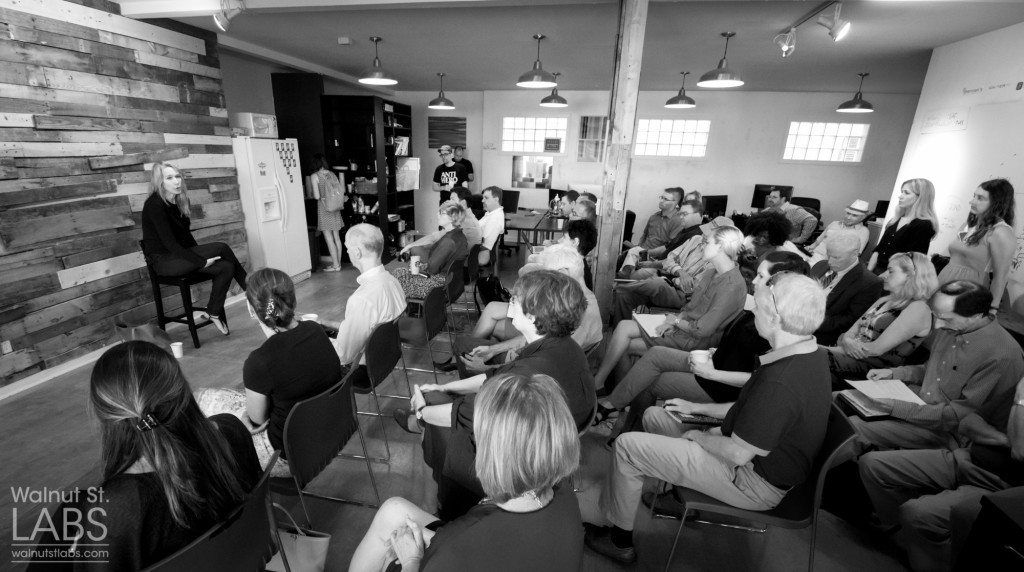
Destiny
A consulting gig with Elverson-based online banking software company Destiny Software led to her first CEO-ship, which was a surprise. “Destiny founder Skip Shuda called me on a Saturday to talk about doing marketing for them, and I told him what he really needed was a CEO. On Monday, he called me back and said, ‘we think you’re right–we do need a CEO–and we’d like you to do it.”
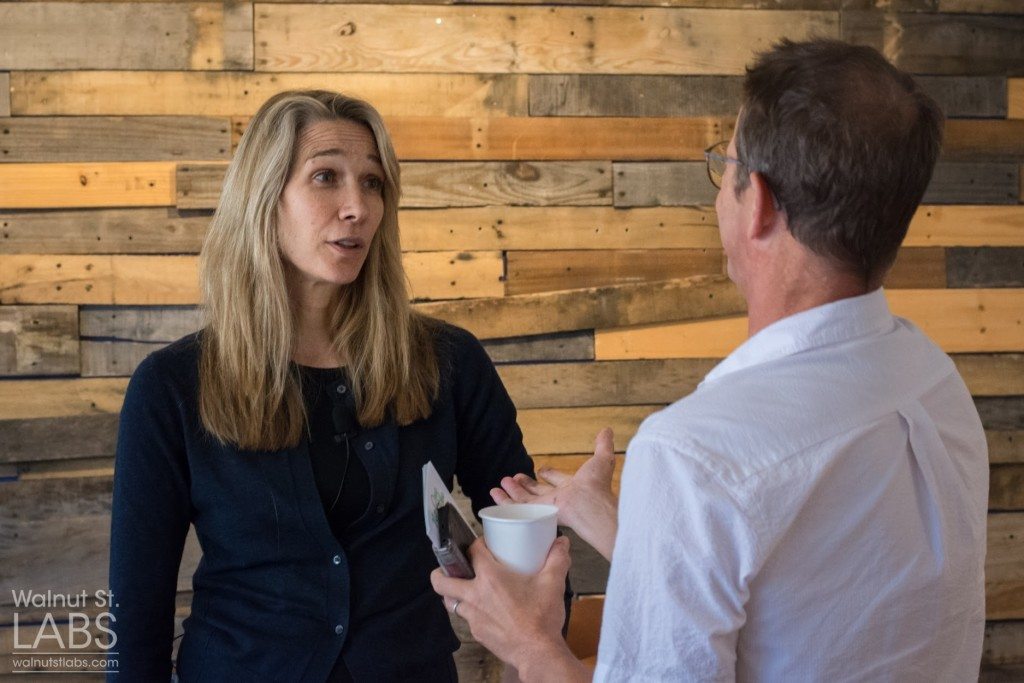
On Money
Lucinda advises wanna-be entrepreneurs to keep their lifestyles in check so they can be fearless. “At SEI, I was making a lot of money. When I went to Infonautics, I took a 50% pay cut, and when I moved to Destiny, I took another 50+ percent cut. I’ve always lived well below my means, so I could do that without it being a problem.”
“I like to do what I like to do. You can do that if you make a lot of money, or you can do it if you don’t spend a lot of money.”
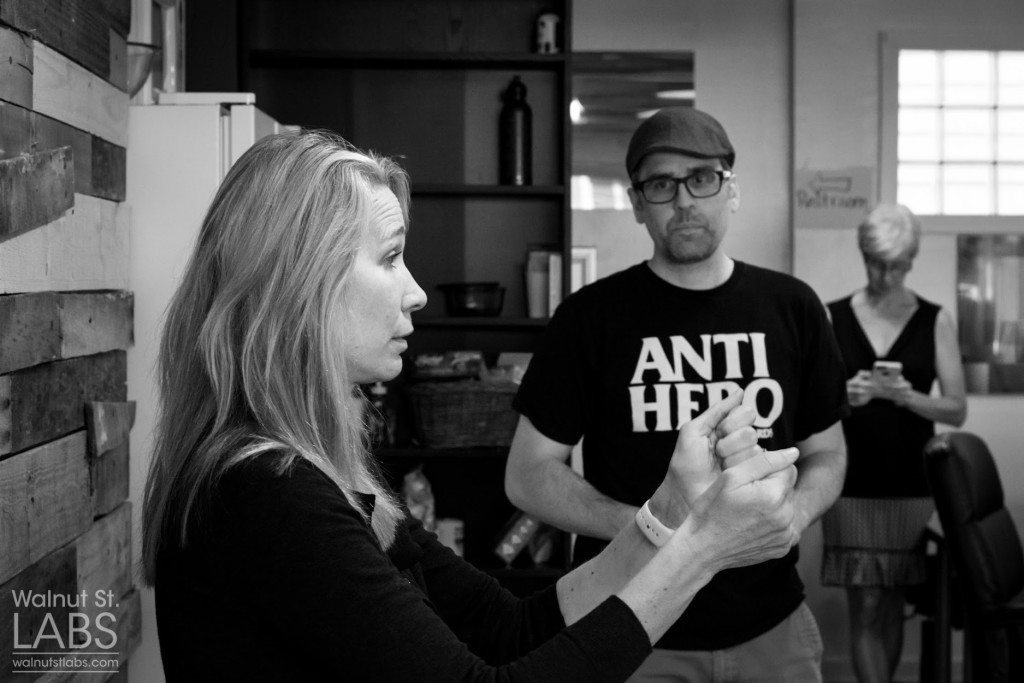
TurnTide
When the tech bubble burst in 2002, Lucinda sought out her next endeavor. She and a partner founded TurnTide, an anti-spam tech company. “We bought the technology with stock from our new company. And 6 months later we sold it to Symantec for 28 million bucks.”
“I believe that if you keep doing the right thing, then the connections will happen.”
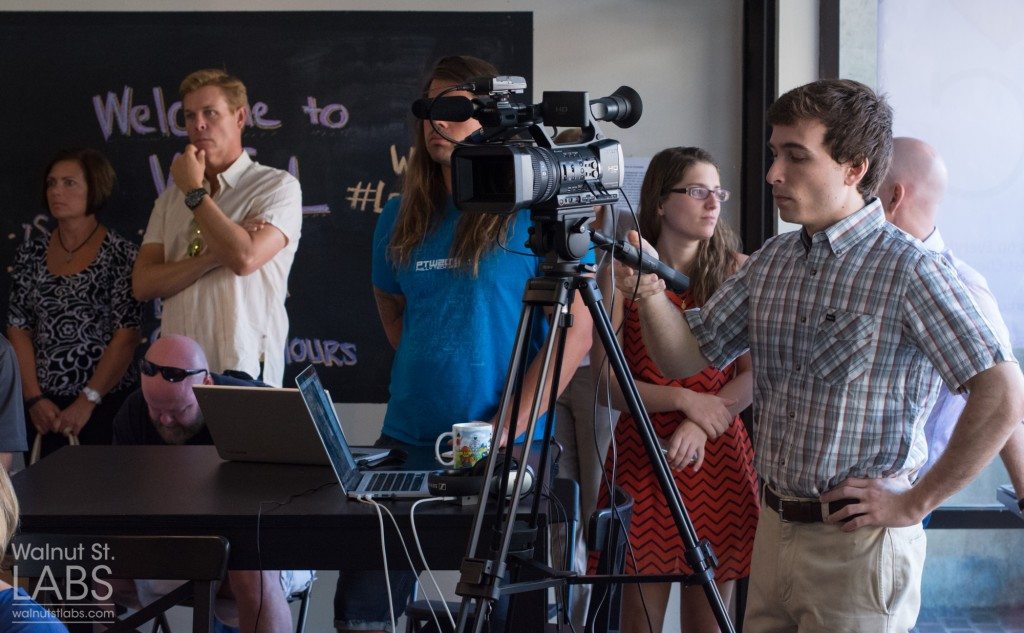
Monetate
Lucinda joined Conshohocken-based Monetate in 2008, citing her excitement about the big scale and international presence. “There is a whole new set of lessons to learn when you’re working on something that you didn’t build yourself.”
Monetate marks her fifth stint as CEO. “I believe that if you’re good, it just sort of works out. At the end of the day, it’s about results. If you’re good, just keep being good.”
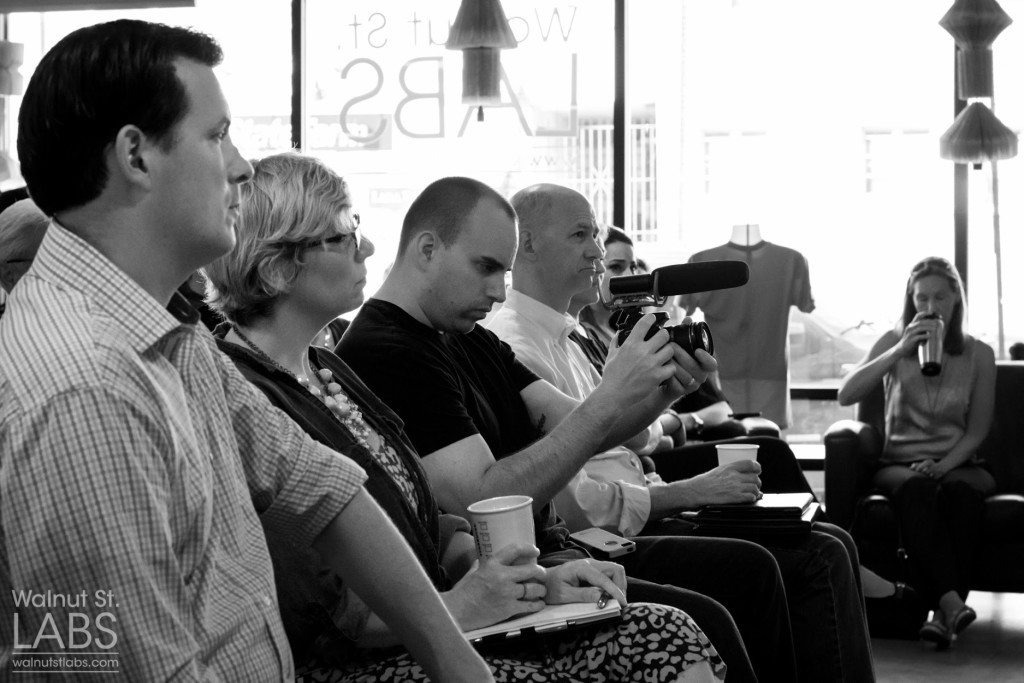
Real Food Works
The film Forks Over Knives changed Lucinda’s life. Extolling the virtues of a plant-based diet and condemning big pharma and factory farming for making people sick, the 2011 documentary “made me really politically angry,” she says. “If you don’t know about the power of food on our lives, go watch that movie.”
Struggling with arthritic joints since early adulthood, the lifelong athlete was at a point she needed to do something. “I was too young for knee replacement. After seeing this movie and doing research, I changed my eating. In about 3 weeks I was pain free.”
Her dramatic results inspired an idea to make those dietary changes accessible to anyone, leading to the formation of Real Food Works, a plant-based meal delivery service partnered with Forks Over Knives. “Real Food Works uses the excess resources in the existing food infrastructure to make a healthy meal-delivery service. We make it easier to get people eating healthy food every day.”
Launching Real Food Works has had its own challenges. “Food is a cash flow business and it’s not super scalable. It was tough.”
She called in favors. “One of my contacts said, ‘you have 3 passes and you’ve used one. Is this another one?’ And I said ‘yes it is.’” But Lucinda thinks Real Food Works is ready. “We have 17,000 people on a list ready to sign up for the service.”
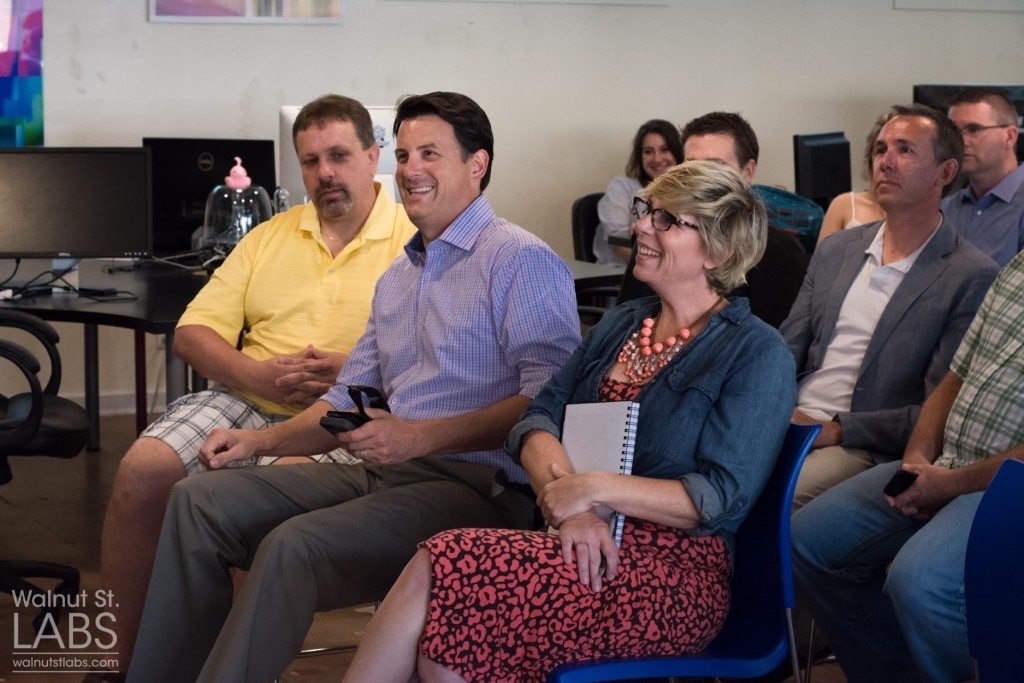
On Doing What You Love
“I’m 52 and I’m still passionate about doing this. When I look around at other people my age, there is a small percentage of us who are all still engaged doing what we love. There then is another small percentage doing something totally different. And then I have a whole bunch of friends who are kind of going on cruise control.”
“As my mother is fond of telling me, I gave up napping at a year old and haven’t looked back since. I’m not one to go on cruise control.”
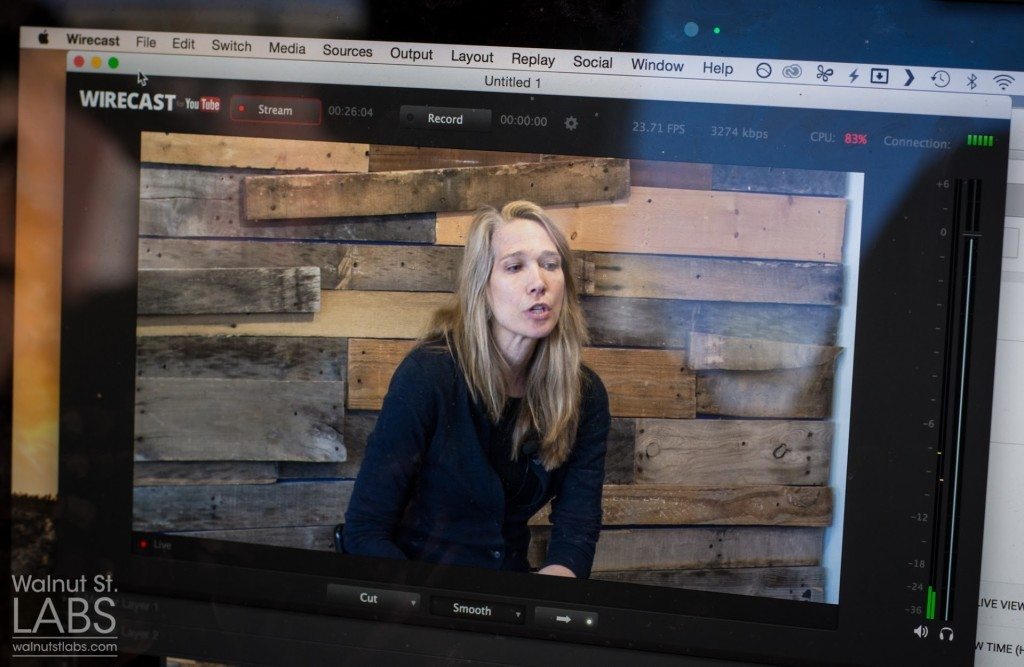
The Future
Teaching is on the horizon. “I want to start a CEO school. There are specific things that you need to know how to do.”
Like managing risk. “One thing I always tell people who say that entrepreneurs are risk takers. Not at all. Entrepreneurs manage risk, but we don’t get emotional about it. People tend to be afraid of all the stuff around a “thing” that happens, and not the actual thing itself.”
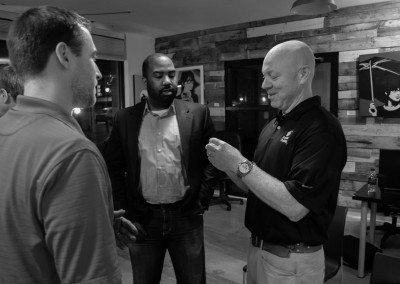
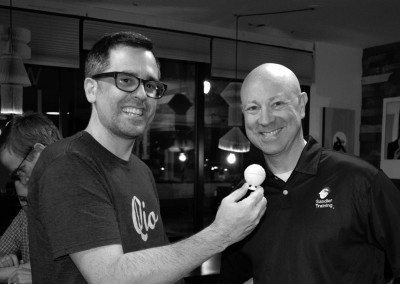
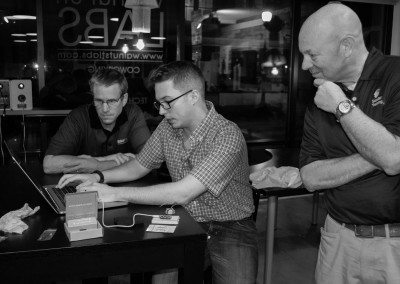
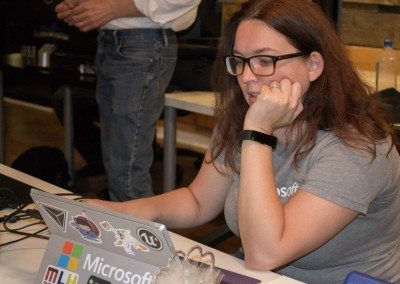
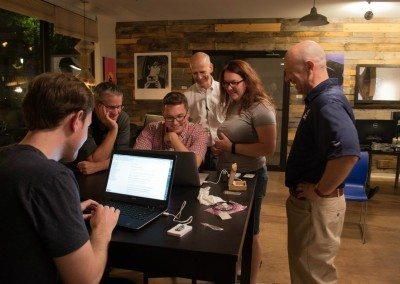
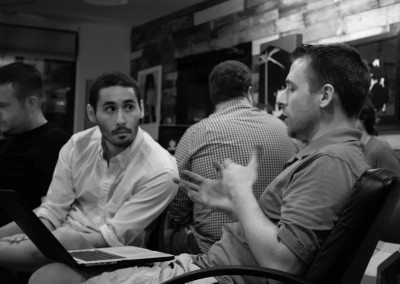
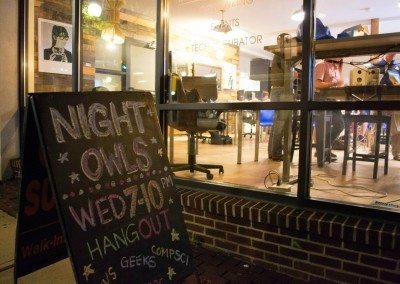
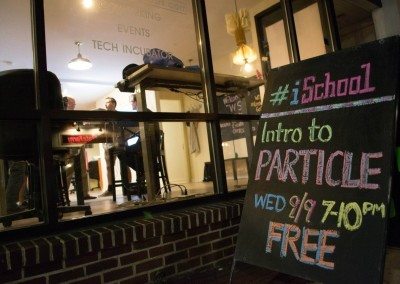
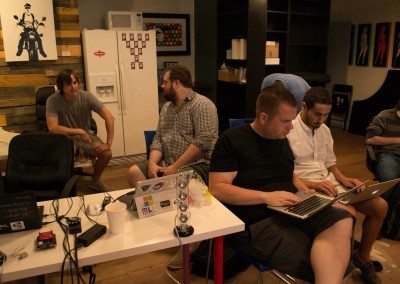
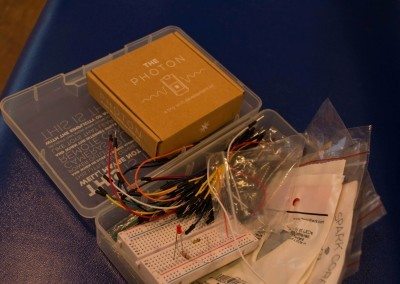
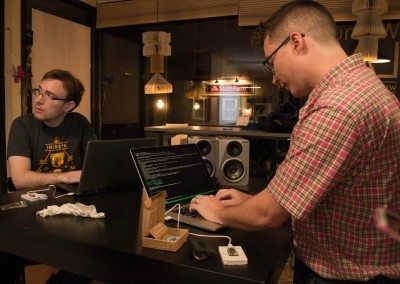
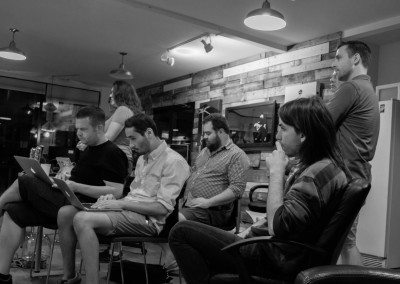
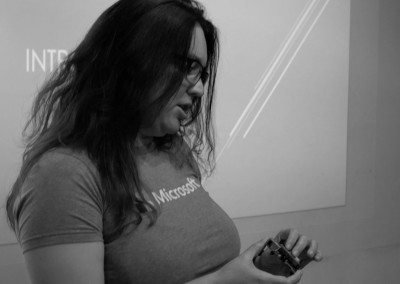
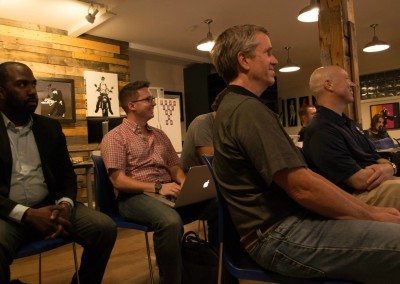
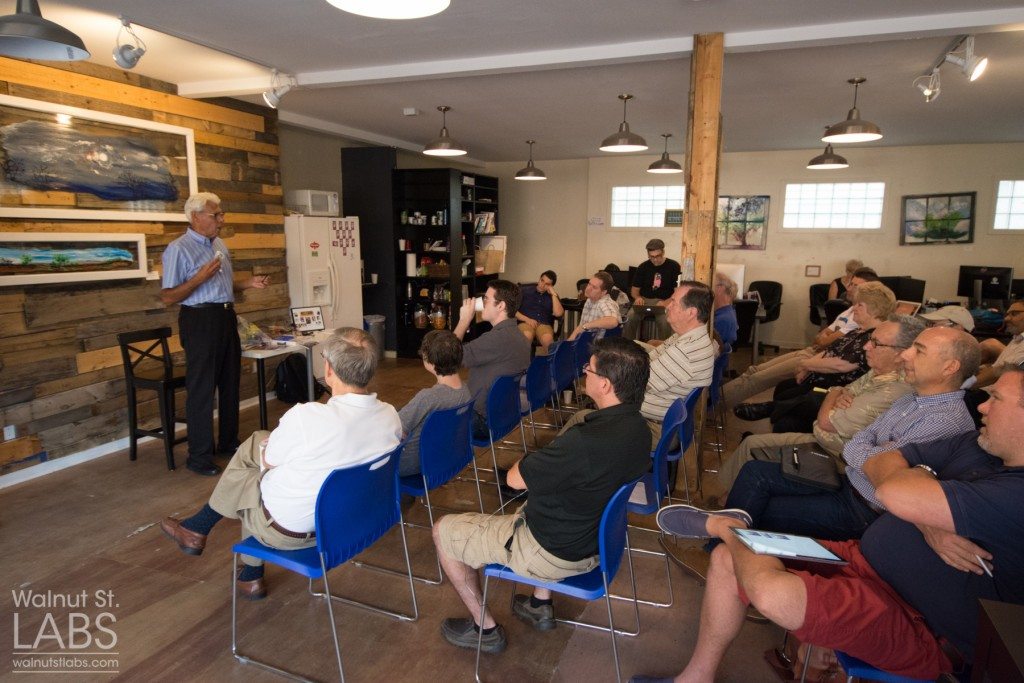
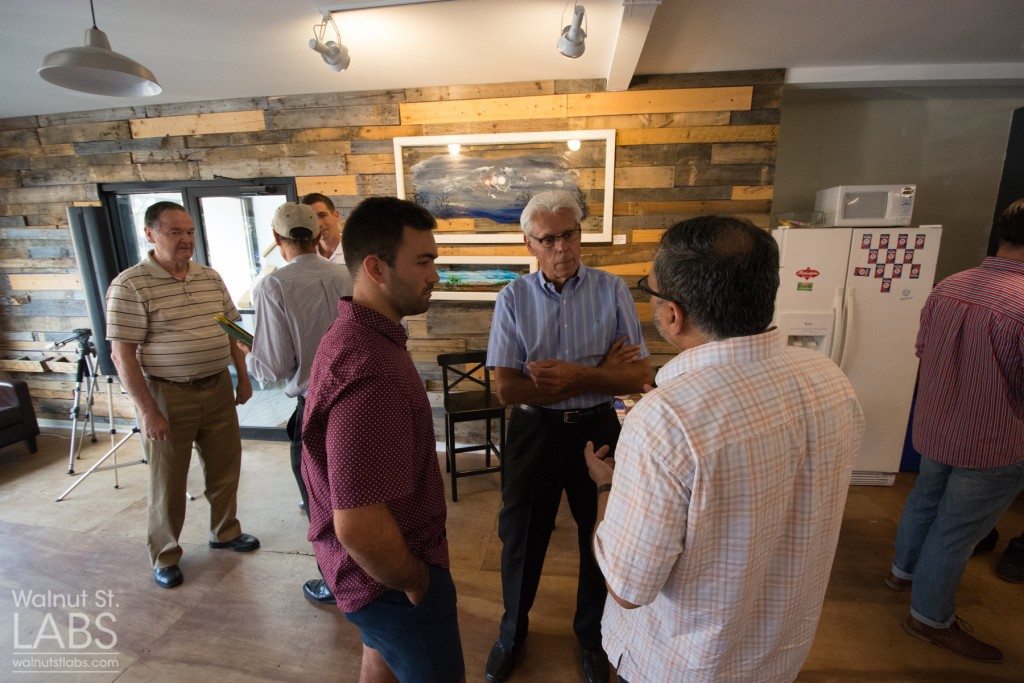
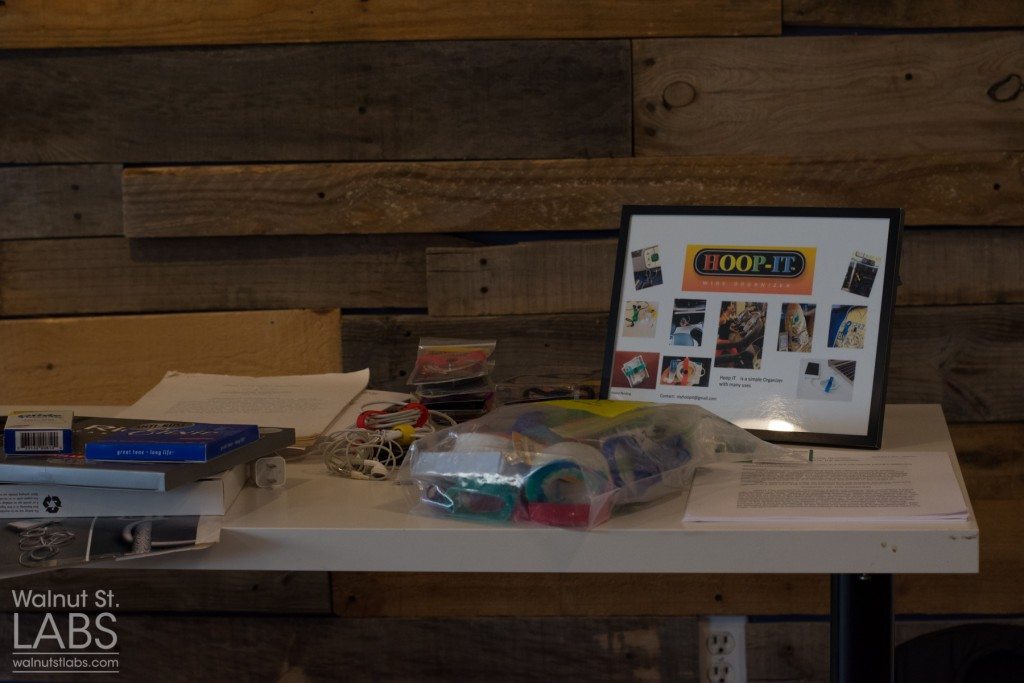
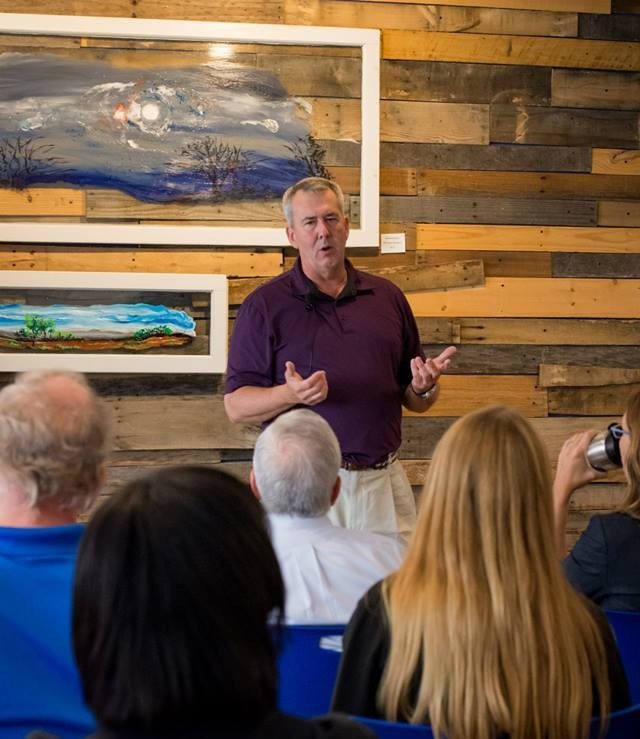 As their website states, “for over 30 years, Ben Franklin Technology Partners has been the leading seed stage capital provider for the region’s technology sectors, investing over $175 million in more than 1,750 regional technology companies, many of which have gone on to become industry leaders.” A partnership with Ben Franklin can make a huge difference for a new or established business.
As their website states, “for over 30 years, Ben Franklin Technology Partners has been the leading seed stage capital provider for the region’s technology sectors, investing over $175 million in more than 1,750 regional technology companies, many of which have gone on to become industry leaders.” A partnership with Ben Franklin can make a huge difference for a new or established business. 